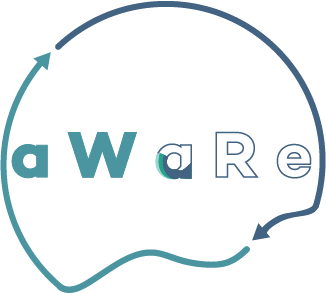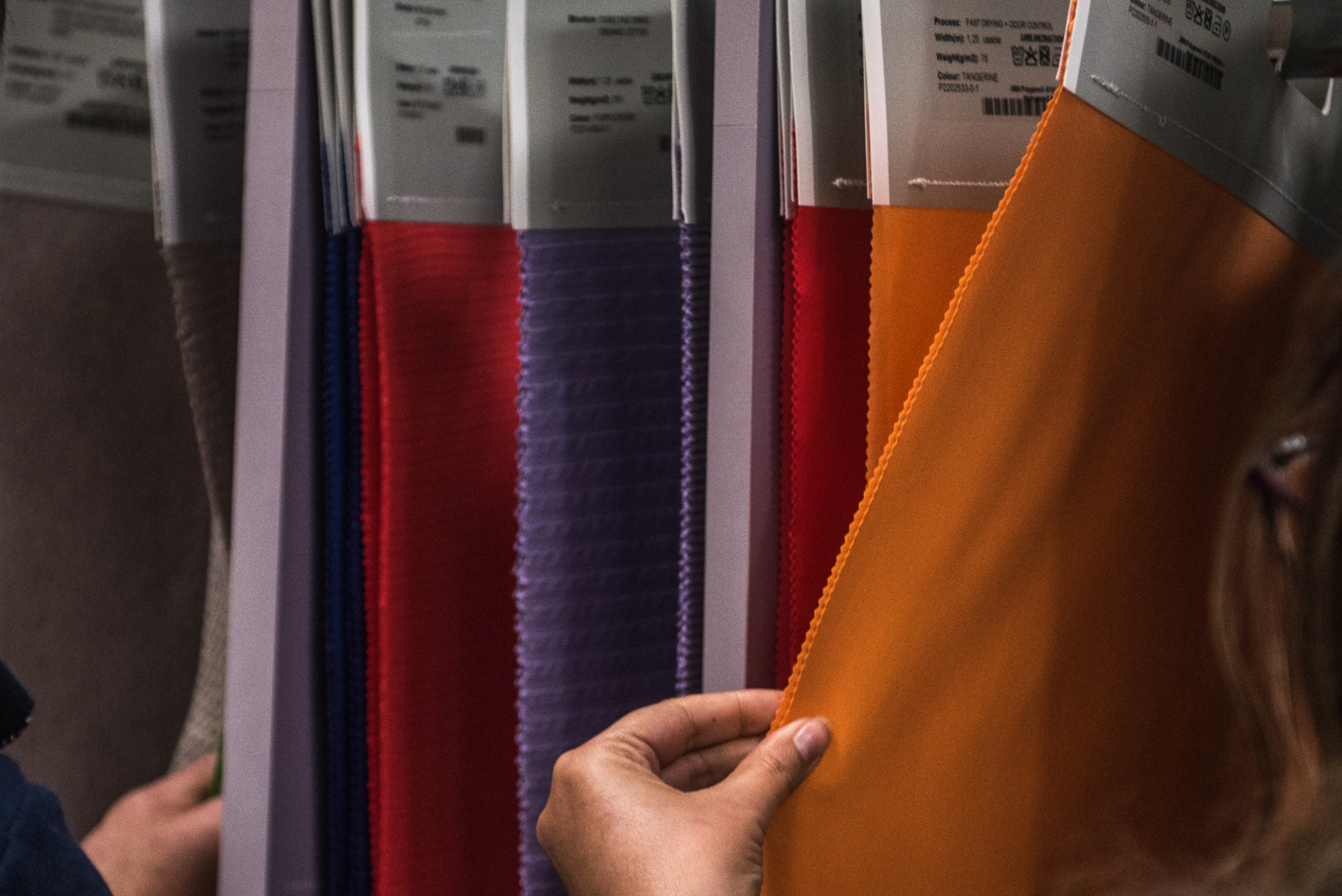
aWaRe
Project Start Date: September 1st, 2019
Leading Promoter: Tintex Textiles
Co-Promoter: CITEVE;
Nowadays, the textile industry is based on the traditional concepts of linear economy. This type of economy is exhaustive and intensive. Textile Industry is one of the most water consuming industries in the world (from the harvesting/processing of the fibers and throughout all its entire value chain). With its low rates of use and low levels of recycling, the current wasteful, linear system is the main root cause of this massive and ever-expanding pressure on resources. Demand for clothing is continuing to grow quickly. On current trend, the negative impacts of the industry will be potentially catastrophic. Thus, moving away from the current linear and wasteful textiles system is therefore crucial. This project presents a company focused approach (that can be easily reproduced by others) aligned with the principles of circular economy – make the textile industry more sustainable by minimizing its negative impacts.
Aiming for Water and Waste Reduction, Reuse and Recycling (aWaRe) is the name of an undergoing research and development project, which focus on both the treatment of water to a degree that allows its reincorporation on wet processes conducted at Tintex, as well as on the development of fabrics based on the reuse and recycling of production and stock excesses of the company. Furthermore, these fabrics will be ennobled with the use of the natural dyeing patented process of Tintex – ColorauTM – and the use of bio-finishing – both from the state of the art bio polishing processes already used on Tintex as well as with the incorporation of bio-based products on the finishing formulations.
The recycling and upcycling of fabrics will be focused on cellulose-based materials and its recycling processes will be mechanical – for example defibrillation followed by spinning – which eliminates the need of chemical recycling and thus the potential use of harmful chemicals. This process aims to obtain yarns thinner than Ne > 24 with at least 40 % of recycled material on its composition. Water Treatment optimization for the recycling of wastewater aiming the incorporation of at least 50 % of this water at production level will be focused on membrane technology – ultrafiltration and reverse osmosis.
Finally, aiming to prove the effectiveness and positive impact of the developed products, life-cycle assessments will be conducted, and compared with the standards for the textiles industry.
